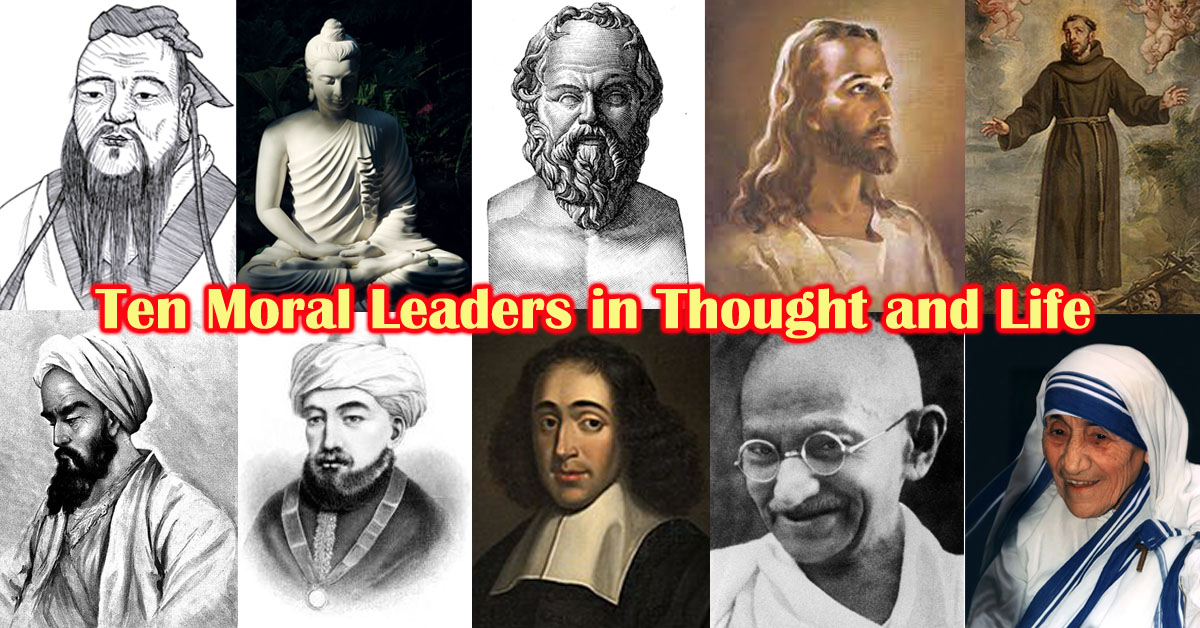Socrates (c. 470–399 BC) was a Greek philosopher from Athens who is credited as the founder of Western philosophy and ethical tradition. An enigmatic figure, Socrates authored no texts and is known mainly through the posthumous accounts of classical writers, particularly his students Plato and Xenophon. These accounts are written as dialogues. Plato’s dialogues are among the most comprehensive accounts of Socrates to survive from antiquity. The Socrates’s method of questioning, takes shape in dialogues using short questions and answers.
Socrates exerted a strong influence on later philosophers and has continued to do so in the modern era. He was studied by medieval and Islamic scholars and played an important role in the thought of Italian Renaissance, particularly in the humanist movement. Depictions of Socrates in art, literature, and popular culture have made him a widely known figure in the West.
Socrates was born in 470 or 469 B.C. to a stone worker and a midwife. He inherited his father’s estate, securing a life reasonably free of financial concerns. He learned the basic skills of reading and writing, poetry and music, like most wealthy Athenians. He was married thrice and had three sons. He made a reputation for himself as soldier during the Peloponnese war. He was indifferent to material pleasures, including his own appearance and comfort. He walked barefoot and owned only one ragged coat. He moderated his eating, drinking, and sex, although he did not practiced full abstention.
Socrates died in Athens in 399 B.C. after a trial for impiety (lack of respect, especially for God or religion) and corruption of the young. The trial lasted for only one day and he was found guilty. He spent his last day in prison among friends and followers who offered him a route to escape, which he refused. He died next morning, accordance with his sentence, after drinking poison hemlock (hemlock is plant all part of which is poisonous). Plato put it, with moving simplicity: “He was truly the wisest, and the justest, and the best of all the men whom I have ever known”.
The Philosophy of Socrates
Socrates turned his attention from science to ethics. He went prowling among men’s’ beliefs, prodding them with questions, demanding precise answers and consistent view, and making himself a terror to all who could not think clearly. He said; he knew nothing, he knew all the questions, but none of the answers. He modestly called himself an “amateur in philosophy”.
Socrates said “of the gods we know nothing”. Philosophy was for Socrates neither theology nor metaphysics (abstract concept such as being, time and space), but ethics and politics. To him it was knowledge which was important. Without proper knowledge right action is impossible; with proper knowledge right action is inevitable. Men never do that which they know to be wrong. The highest good is happiness; the highest means to it is knowledge.
Socrates argues that aristocracy (government by small privilege class) is the best form of government, and democracy is nonsense. He believes in government by knowledge and ability. He believes that tyranny and plutocracy (government by the wealthy) are as bad as democracy. Despite this criticism of Athenian democracy, Socrates recognized its advantages, and the opportunities it gave him. Nevertheless the majority of Athenians looked upon him with irritated suspicion. The orthodox in religion considered him to be the dangerous of the Sophists (moral skeptics).
Legacy
The dialectic (the art of investigating or discussing the truth of opinion) of Socrates was passed down from Zeno through Plato to Aristotle. Aristotle turned it into a system of logic so complete that it remained unaltered for nineteen hundred years. Socrates’s emphasis on conscience as above law became one of the cardinal tenets of Christianity. The most powerful element of Socrates’s influence was the example of his life and character. He became for the Greek history a martyr (a person who is killed because of their religious or other beliefs) and saint. Xenophon said of Socrates,’ I find it beyond my power to forget him or, in remembering him, to refrain from praising him”.
Famous Quotes of Socrates
- “The only true wisdom is in knowing you know nothing.”
- “The unexamined life is not worth living.”
- “I cannot teach anybody anything.”
- “There is only one good, knowledge, and one evil, ignorance”.
- “Be kind, for everyone you meet is fighting a hard battle.”
Sources
- Will Durant. The Story of Civilization; part 11, The Life of Greece. Simon and Schuster, New York; 1939
- Wikipedia.org



